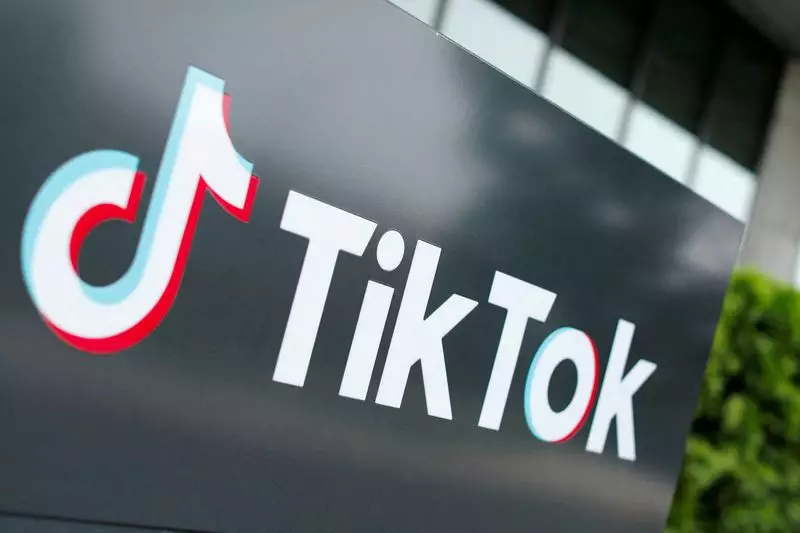In a decisive response to a tragic event, Albania has announced a year-long prohibition on the popular video-sharing app TikTok. This move, articulated by Prime Minister Edi Rama, arises in the wake of heightened concerns surrounding the safety of children amidst violent incidents linked to social media interactions. Rama’s announcement followed meetings with educators and parents, signaling a strong communal response toward ensuring a safer environment for the nation’s youth. The prohibition aims to address growing fears about social media’s pervasive influence on young minds and the potential dangers they face within digital spaces.
Prime Minister Rama has attributed the increased incidence of violence among young people directly to the dynamics fostered by platforms like TikTok. A tragic stabbing incident that claimed the life of a 14-year-old boy has served as a catalyst for legislative action. Reports indicated that the tragedy stemmed from disputes that transpired on social media, culminating in violence in real life. Such connections have prompted a necessary dialogue about the role of digital platforms in shaping behavior and interpersonal relationships among youth. The government’s directive illustrates a broader global trend, with nations like Australia and countries across Europe grappling with similar concerns regarding minors’ access to social media.
Albania’s decision is not an isolated case. There exists a parallel momentum wherein various European nations have begun to impose restrictions on social media platforms aimed at protecting children. France, Germany, and Belgium have implemented measures to regulate the use of these platforms by minors, recognizing the potential risks associated with unfiltered access. Australia has taken this ethos even further, enacting what some consider one of the sternest regulatory frameworks in the world by banning social media access for users under the age of 16. This international landscape highlights a mounting awareness of the negative implications of unchecked digital engagement among youths.
While the Albanian government’s ban on TikTok is primarily focused on addressing immediate safety concerns, it also raises significant questions about personal freedoms and the responsibilities of tech companies. Critics argue that blanket bans may not effectively address the underlying issues of violence and social discord. As families and educators navigate this new reality, they must address the implications of such digital restrictions and consider alternative strategies that might better equip children to handle social media responsibly.
In a statement, Rama poignantly remarked, “The problem today is not our children, the problem today is us,” underscoring the urgent need for collective societal introspection as well as accountability from the platforms themselves. This circumstance serves as a crucial reminder that while technology can be a powerful tool for creativity and connection, it carries significant risks that require attention and proactive management to foster a safer digital environment for all.

